
Post-coronavirus life may be far from ordinary…
The UK has been on lockdown for over six weeks already, and while mind-numbing at first, we’re genuinely starting to get used to a life indoors. From baking and playing The Sims, to completing Netflix and trying out our favourite restaurant’s recipes, we’ve definitely been keeping ourselves entertained while patiently awaiting the return of “normality”.
And now, as the ‘curve’ begins to ‘flatten’, Boris Johnson will be laying out his ‘roadmap’ for exiting lockdown this Sunday. The government has warned, however, that this does not mean we’ll be picking back up where we left off – but we’ll be taking small steps towards life as we knew it pre-COVID-19. Here’s what life in the UK could look like when the first restrictions are lifted.
Will we return to work?

While the majority of people in the UK have been forced to adapt by working from home during the pandemic, the new regulations could see a large number of workers returning to their workplaces. Employees could see staggered shift patterns put in place, as well as reduced workforces.
According to a draft strategy created by the government and seen by the BBC, all of the above could be implemented fairly soon. The new ways of working may be put into action alongside 2m social distancing and increased hygiene measures – similar to those we’ve already seen during lockdown. Additionally, home working may continue to be the norm, with those who have computer-based roles expected to be asked to remain at home.
Defence Secretary Ben Wallace also told BBC Breakfast that protective screens, PPE and Coronavirus testing could be used to make workers feel safer. Transport Secretary Grant Shapps spoke to the BBC about returning to work, too, saying that staggering working hours will help to keep public transport from being too crowded.
Will travel be permitted?

While travel services in the UK have mostly continued to operate, there will be a few changes in comparison to when the UK first went on lockdown – particularly as people begin to return to work. Service levels may begin to increase following significant reductions across rail and bus services, and the general public may be required to wear face coverings when using public transport. Boris Johnson said in Friday’s (May 1) press conference that using some form of face coverings would be “useful” as restrictions begin to ease.
Currently, Brits are banned from travelling for ‘non-essential’ purposes, and should only drive or use public transport if required for essential shopping, work or exercise locally.
Will we be able to go on holiday?

The future of international travel is the most unclear at the moment, as countries around the world begin to slowly move towards normality. Borders remain closed to visitors in popular tourist destinations such as Cyprus, Italy, Spain and Turkey – and there is currently no word on when these will re-open.
Many popular airlines have cancelled flights leaving the UK until late July, and it remains unconfirmed when services will definitely resume. Budget airlines Jet2 and Ryanair have announced that they hope to resume flights in late June, however, this will be dependant on government guidance around both international and non-essential travel. Just one month ago, the Foreign Office banned non-essential international travel indefinitely, with no recent updates on when this will be lifted.
Mark Hall, Director of Product at leading tour operator TUI UK has said that travellers could be jetting off as ‘early as Autumn’, while statistics gathered by CabinBookers suggest that staycations could boom this Summer as Brits look for alternative holiday options.
Elsewhere, companies that depend on travellers, such as Airbnb, are counting on people wanting to re-connect with others and use the service when holidaying – which in turn will help the local people who rely on renting out their homes for income.
Will social and exercise restrictions be loosened?
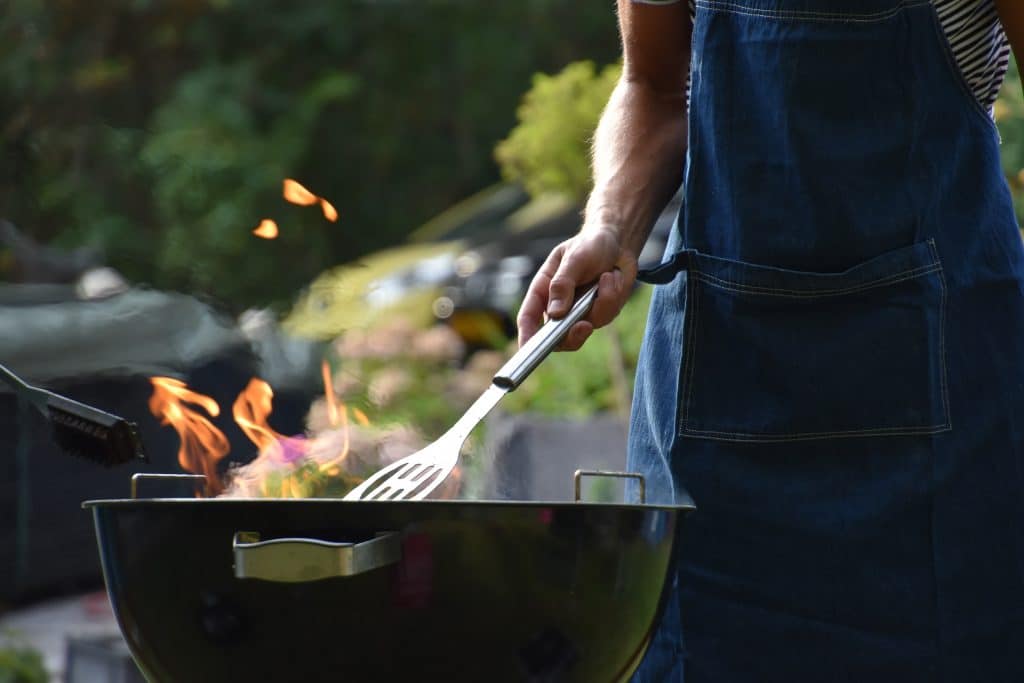
One of the first restrictions many are hoping to see lifted is the current rules for seeing friends and family. While the lockdown rules mean that you can only leave the house for essential purposes with members of your household, looser restrictions could see people able to meet with a handful of others on a recurring basis, as outlined in scientist’s proposals to the government.
The proposal could see us able to choose less than ten people that we can see on a regular basis, reports The Guardian, and will be a small move towards people beginning to mix with others again.
Outdoor exercise restrictions could also be lifted in one of the first stages of the exit strategy, with the Mail on Sunday reporting that if the infection rate continues to decline, we may be able to exercise several times daily, go on countryside walks and even have picnics and BBQs again as early as this month.
When will schools re-open?
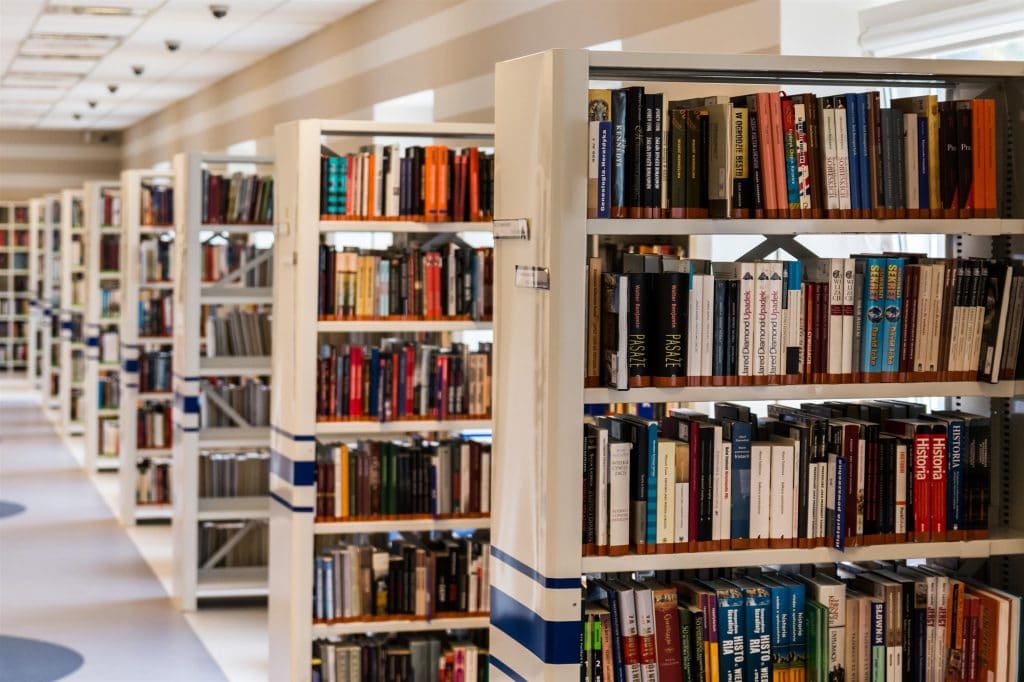
Schools closed their doors to pupils (with the exception of key worker’s children and vulnerable children) on March 20, with exams also being cancelled as a result. Now, nearing the summer break for UK schools, it’s been reported that the government is considering opening primary schools to year 6 students next month.
Downing Street has previously confirmed that June 1 is the target for re-opening schools, with reports and public statements from the Prime Minister suggesting that the government will prioritise primary school pupils, before looking at year 10 and year 12 students’ return.
Are bars and restaurants set to re-open?
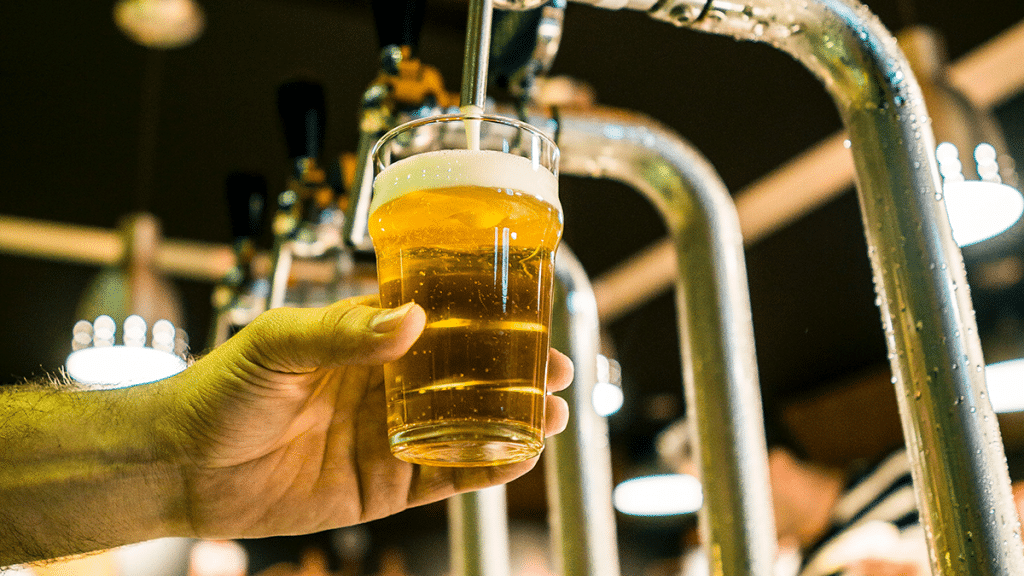
While some of our day-to-day activities will start to return to normal in the coming months, it appears that pubs and restaurants could be the last to re-open, with Dr Harries saying in a recent press conference: “If you go as a family unit and sit in one place and you’ve got the same exposure there that you would in your house at home, that’s probably quite a safe environment.
“If you go with a whole load of friends that you haven’t seen from before the coronavirus lockdown, sit in a pub in a very small environment, lean well over each other on the table and stay there for some hours face-to-face, that’s really not a good thing to do.”
We could also see rationing across bars and pubs as we ease back into normal life, where landlords would be advised to restrict the amount people can purchase, for example, limiting customers to only a couple of drinks each, before asking them to leave. This would help with social distancing, with the aim of staggering the number of customers inside at one time.
Theatres and cinemas could re-open sooner than we expected, however, selling only half the tickets they usually would to allow customers to sit away from others.
How will we shop?
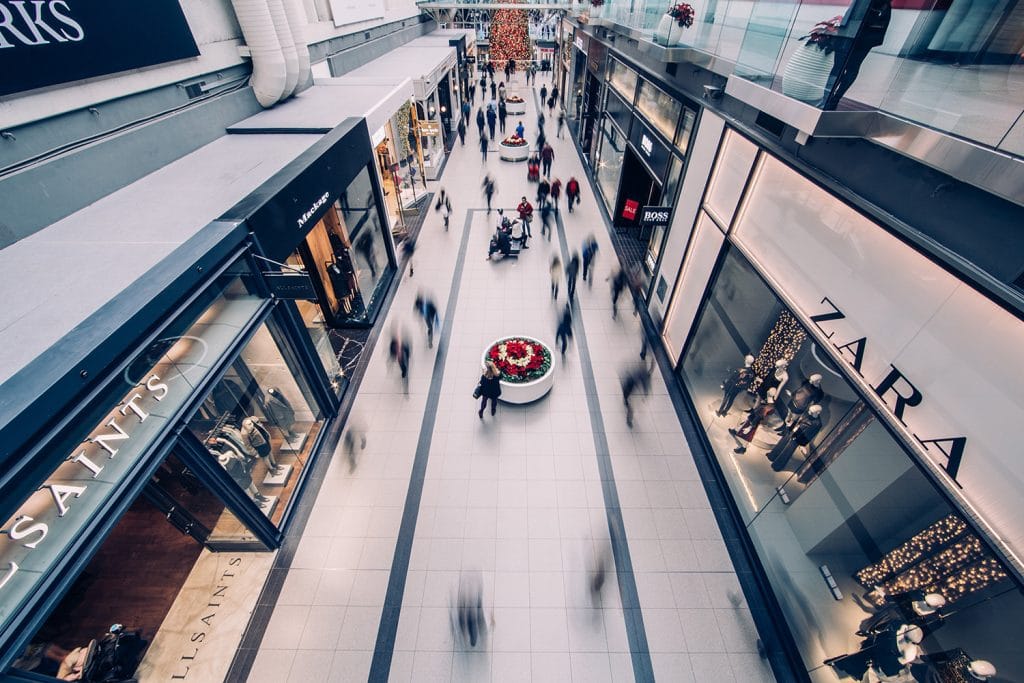
Essential shops such as supermarkets, convenience stores and pharmacies have remained open under the UK’s lockdown regulations, however, non-essential stores have been forced to close – with only online shopping continuing to operate.
Under eased restrictions, it’s predicted that many non-essential stores will re-opening using the social distancing restrictions that have worked so far within supermarkets. The British Retail Consortium (BRC) published guidance just last month for non-essential stores to follow, with measures such as floor markings to encourage distance, limiting the number of doors in use, as well as limiting the number of people in-store at one time with queueing systems.
BRC chief Helen Dickinson said of non-essential stores re-opening: “Since the lockdown, many retailers have proved how shops can be run safely and effectively in line with the Government’s social distancing advice,”.
Will supermarket rules change?
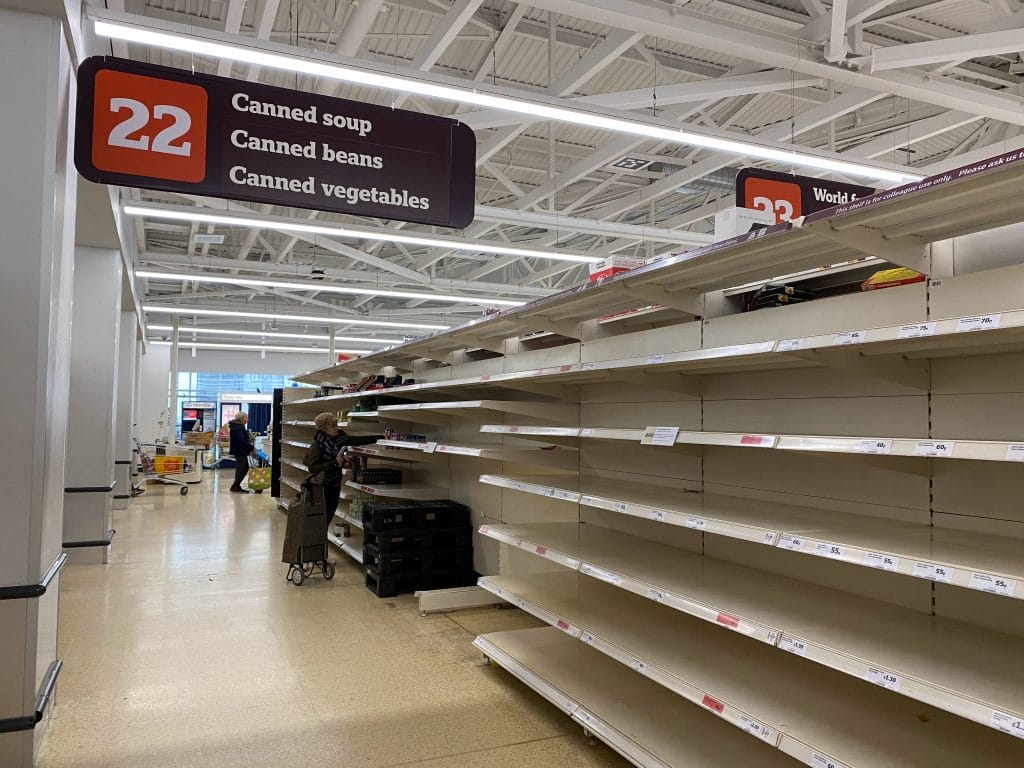
Supermarkets are one of few businesses that have remained open during the pandemic, with increased health and safety measures being introduced to help promote social distancing within stores. And while queueing sometimes may take extra time out of your day, it appears as though these measures will stay in place for quite some time.
Sainsbury’s CEO Mike Coupe spoke of the measures just last week, saying: “There could well be some social distancing in place for the rest of the calendar year.”
Online grocery shopping is also predicted to remain in high demand, with Coupe saying “When people get into the habit of ordering their groceries online it’s likely to be sticky,”. Other businesses have also been required to adapt, with Tesco increasing the number of online grocery slots from 590,000 to 1.2M since the UK lockdown began. CEO Dave Lewis told customers that the business is continuing to recruit workers to help fulfil demand, which will likely continue as social distancing measures remain in place.
Supermarkets such as M&S, Morrisons and Aldi have also been forced to adapt, releasing essential food boxes to help the public get food delivered when they need it the most.
This article will be updated with more information as we have it.

